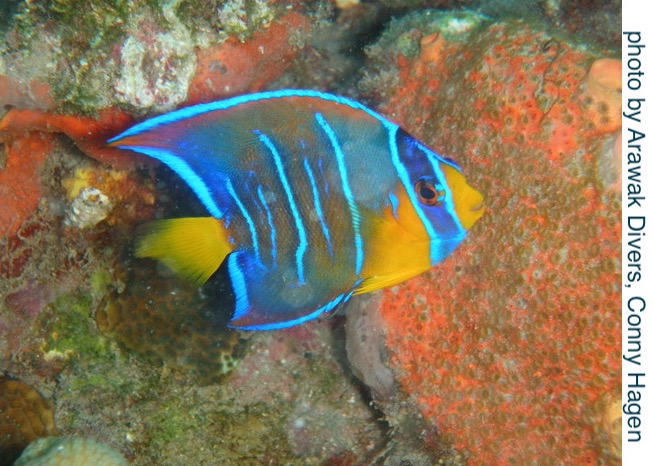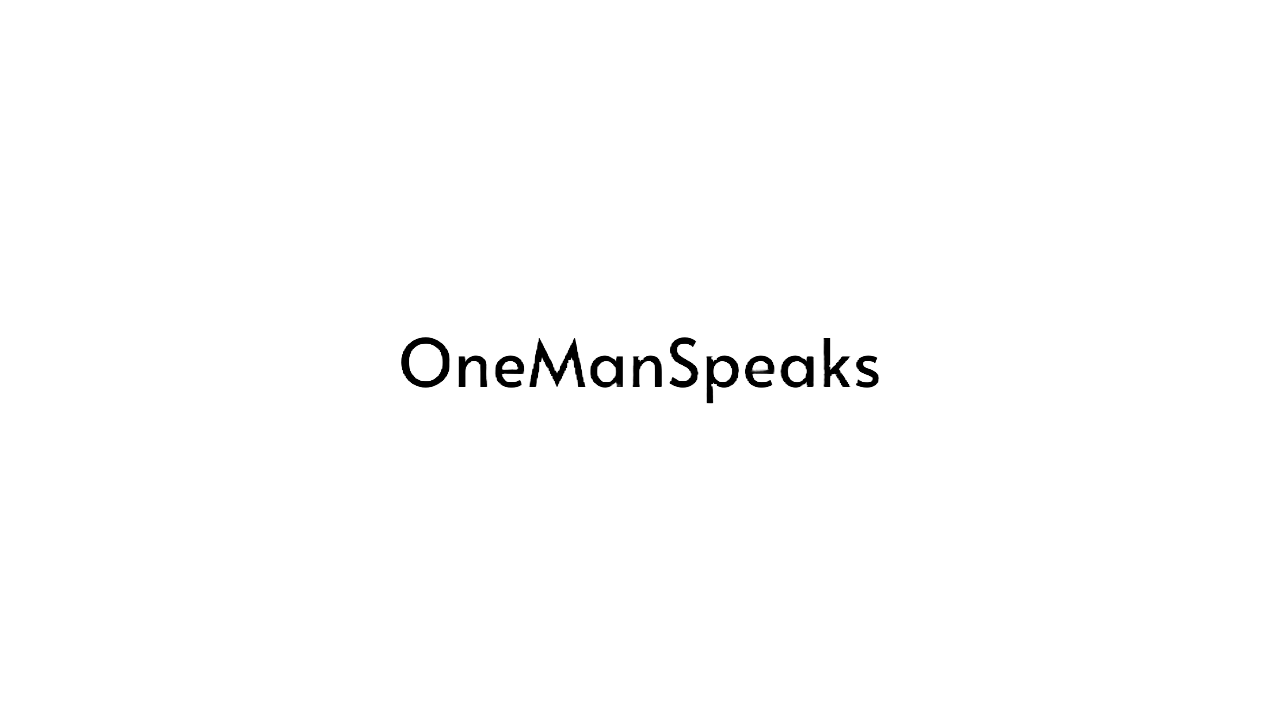Snorkeling is half the fun of being here.
The second half of my life began when I sold it all and bought a small yacht. It was about freedom, travel, adventure, whatever, but mostly it was about sailing. Then, in the Florida Keys and the Bahamas, I discovered snorkeling. Snorkeling, to my delight, proved half the fun of being out here.
I got pretty good at it. Learning to clear my ears got me below the two and a half meter barrier. Learning efficient moves, moving slow, and relaxing as my confidence grew gave me a working depth of eight meters (I could move or hand-set my anchor or tie a line to it at that depth). My personal record is forty feet, thirteen meters. I grabbed a handful of sand to prove it to myself, flipped over, and pushed off the bottom hard towards the sky, ascending with minimal flutter of fins. I was happy to reach the surface, but knew I could learn to go deeper.
I don’t need to go deeper. On a good reef, I am fully entertained in one to four fathoms, where the light and the colors are at their best. That also covers my work and investigations in the anchorage (how I learned most of what I know about anchoring).
In the Bahamas, where fishing with compressed air is prohibited, some snorkeling fishermen work as deep as 60 or 80 feet (25 meters). Bahamian fishermen build homes and raise families on their snorkeling skills.
The December Compass has a lovely article by Lexi Fisher, ’On a Single Breath Of Air’. After my first read had settled in, I reckoned it worth a second read. Fisher dives deep as a sport – an extreme sport, she mentions the dangers. The photos in the article clearly show depth, a muting of colors and fading light. She speaks of how such diving is done, but some of the technique applies at any depth, notably, a relaxed mind and slow, deliberate movements.
The Bahamians knew some of the tricks, but mostly learned on their own or from each other, gaining confidence (thus, relaxation), and knowing that it could be done.
My halfway-to-their-depth snorkeling was pure recreation. The Bahamas, in particular, spoiled me. I typically anchored in two fathoms with good snorkeling within a few hundred meters. There was no end to what I could see in six meters of depth.
I had been snorkeling for many years when nephew Doug, who is big on scuba, came to visit. I got scuba certified so we could dive together. Scuba is a good and popular way to explore underwater. I liked it a lot and even bought a second-hand scuba kit so I could dive from my own yacht. But I soon got rid of it. Paying a dive shop to rinse, dry and stow all of the gear was one thing, doing it aboard my little yacht with its frugal water supply was another. And tanks had to be taken to a dive shop for re-fills. Far more importantly, I agree with Fisher that not having a tank greatly improves the freedom. By this, I mean both freedom of movement and a delicious freedom of mind.
If you’re on a small tropical island and don’t snorkel, to whatever depth, you’re missing half the fun… careful not to hit your head on the dinghy when you surface.

The colors are most vivid in shallow water.
The Bahamian fishermen knew how to do it, Fisher’s article tells us how it’s done. A couple of her points might be news to Bahamians, much was news to me – how it works more than what it does. It is interesting and often useful to know what lies beyond one’s horizon.
Safety and security have become humanity’s big issues… after power, money and sex. Should you contact a ’freediving center’ and learn to go deep? Should you learn to snorkel moderate depths, such as I do? Should you simply lie on the surface with mask and snorkel amazed at what can be seen even from there? Are you a swimmer, do you belong in the water? For that matter, do you belong on a yacht? Fisher’s article cautions us about the freediving that she advocates. My questions are also of caution – walking out the door is dangerous… as is staying at home. Let each of us make our own luck. But along those lines, Kurt Vonnegut advises, ’Read the directions, even if you don’t follow them.’ (Speech to MIT class of ’97.)
Caribbean Compass, February 2021, by Jim Hutchinson
